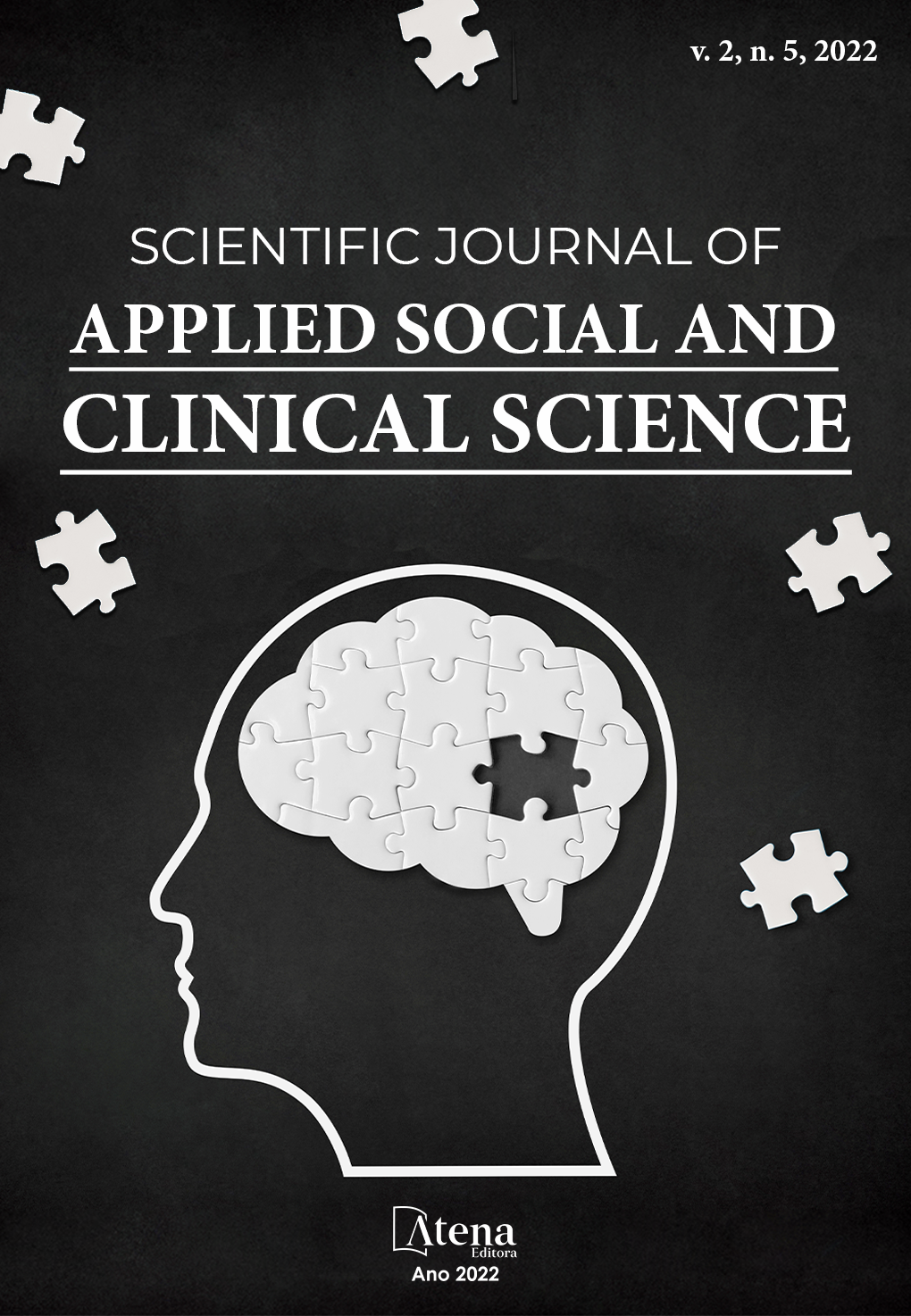
THE HUNTING OF THE BUS 174: THE GENERALIZATION OF THE ENEMY'S CRIMINAL LAW THROUGH THE TRAJECTORY OF SANDRO BARBOSA DO NASCIMENTO
We present the story of Sandro Barbosa do Nascimento, which was marked by the absence of state support, culminating in a hijacking of bus 174 in Rio de Janeiro, in an attempt by the agent to be heard by the authorities. The study was divided into three stages. In the first, the criminal episode involving public transport is narrated. Then, the story of Sandro is exposed from his childhood, when he witnessed the death of his mother to stab wounds until shortly before the fateful event that led to his death at the hands of the police, in order to highlight the influence of the negligence of the State in his formation. Finally, an analysis is made of the tragic events caused by the non-enforcement of norms that concern the right to life and public safety, as well as the basic requirements of fundamental guarantees, including health, food and education, with the descriptive thesis of Günther Jakobs on the Criminal Law of the Enemy, which establishes the marginalization and anticipated punishment of individuals who insist on violating criminal types, disconnecting from being a citizen and regressing to the so-called Natural State. It is concluded that, although Brazil, as a Democratic State of Law, is not compatible with such a study due to the principle of equality and human dignity enshrined in the Federal Constitution of 1988, it practices it in a subjective way, that is, not recognizably explicit. Therefore, the country, by not socially assuming that it marginalizes low-income communities, ends up colluding with the circumstances that aim to eliminate the miserable population.
THE HUNTING OF THE BUS 174: THE GENERALIZATION OF THE ENEMY'S CRIMINAL LAW THROUGH THE TRAJECTORY OF SANDRO BARBOSA DO NASCIMENTO
-
DOI: 10.22533/at.ed.216252217034
-
Palavras-chave: Sandro; State; Enemy; Jacobs; Negligence.
-
Keywords: Sandro; State; Enemy; Jacobs; Negligence.
-
Abstract:
We present the story of Sandro Barbosa do Nascimento, which was marked by the absence of state support, culminating in a hijacking of bus 174 in Rio de Janeiro, in an attempt by the agent to be heard by the authorities. The study was divided into three stages. In the first, the criminal episode involving public transport is narrated. Then, the story of Sandro is exposed from his childhood, when he witnessed the death of his mother to stab wounds until shortly before the fateful event that led to his death at the hands of the police, in order to highlight the influence of the negligence of the State in his formation. Finally, an analysis is made of the tragic events caused by the non-enforcement of norms that concern the right to life and public safety, as well as the basic requirements of fundamental guarantees, including health, food and education, with the descriptive thesis of Günther Jakobs on the Criminal Law of the Enemy, which establishes the marginalization and anticipated punishment of individuals who insist on violating criminal types, disconnecting from being a citizen and regressing to the so-called Natural State. It is concluded that, although Brazil, as a Democratic State of Law, is not compatible with such a study due to the principle of equality and human dignity enshrined in the Federal Constitution of 1988, it practices it in a subjective way, that is, not recognizably explicit. Therefore, the country, by not socially assuming that it marginalizes low-income communities, ends up colluding with the circumstances that aim to eliminate the miserable population.
-
Número de páginas: 20
- DELATORRE, Bárbara dos Santos
- SILVA,Tatiana Mareto
- Eduarda Castilho Rodrigues


